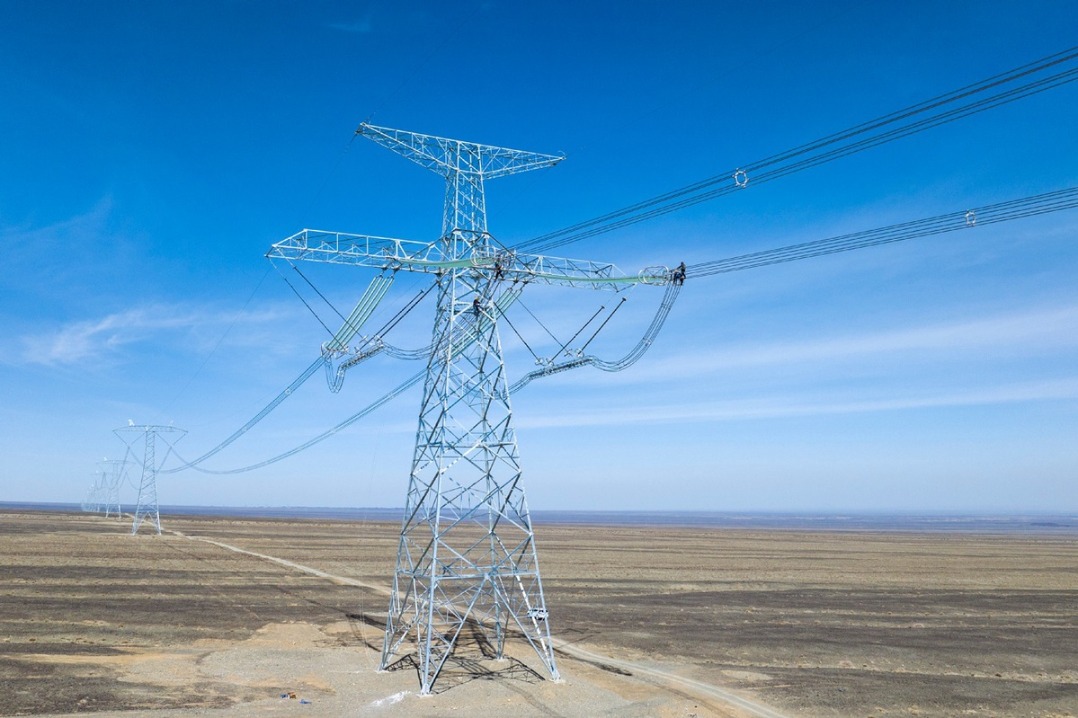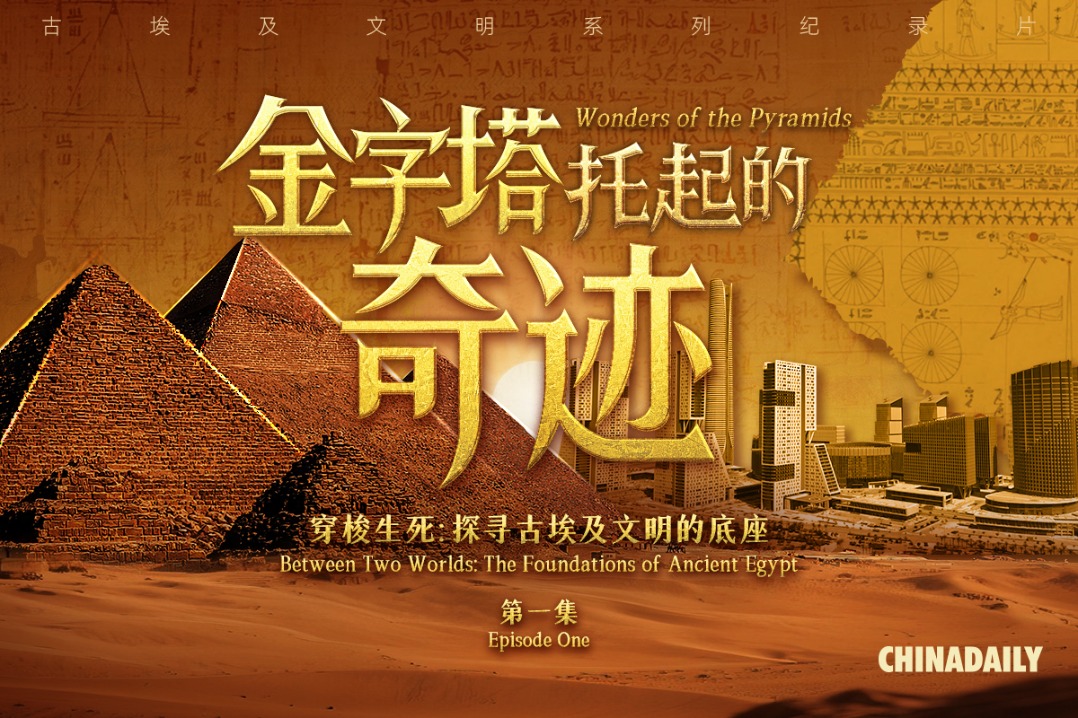Toxic tariff policy heralds US recession and greater uncertainty for world trade: China Daily editorial


It is Washington's firm belief that the United States only stands to win in the tariff war it is waging against the rest of the world. That has made it addicted to weaponizing tariffs in a bid to "make America great again".
But that conviction is nothing but wishful thinking, as in the interconnected world no economy can sustain its growth by inflicting pain on others, as evidenced by the boomerang effects the tariff war has had on the US economy.
After the market saw the US leader would not change his mind at the last moment and the US would go ahead with a 25 percent additional tariff on all imported steel and aluminum on Wednesday, all three major US stock indices fell by a large margin. On Tuesday, the S&P 500 index fell 9.3 percent from its historical high in February, while the Nasdaq fell 13.6 percent from its historical high in December.
The negative effect on relevant industries will be felt soon, not to mention the impacts on other US sectors, including agriculture, as a result of the retaliatory tariffs to be imposed by other parties. Take the steel and aluminum tariff hikes as an example. They cannot boost steel and aluminum production in the US or create more jobs, instead they will harm downstream US companies and US consumers. Their effects will be felt in the automotive, electrical machinery, and construction equipment industries, among others, weakening the global competitiveness of US products in these markets.
If the US puts its president's "reciprocal" tariff threat into practice next month, it will further fuel the market panic and turn inflation in the US from a concern to a practical challenge.
Even some insiders of the economic and financial policymaking circle in the US have expressed their collective concerns about the possible impacts of the administration's tariff war on the US economy.
Conscious of that, the US president and his senior advisers met with leading US business figures at the White House on Monday to comfort the market, during which several CEOs of high-tech companies expressed concerns about the administration's tariff policies, warning that imposing tariffs would be detrimental to the US technology industry.
The US business community and lobbying groups have called senior officials such as the White House Chief of Staff Susie Wiles suggesting that the US leader leave room for negotiations to lower tariffs and develop a "more predictable tariff agenda" to calm market tensions.
But US Commerce Secretary Howard Lutnick said in an interview on Tuesday that even if the US economy eventually falls into recession, the US president's tariff policies will be "worth it", claiming that the tariff policies are "the most important thing America has ever had".
That was in stark contrast to Lutnick's remarks in an interview with the media on Sunday, when he said emphatically that the US would not experience an economic recession, adding that US people "should never" prepare for it. Regarding the criticism from the outside world that the US' tariff policies are inconsistent, Lutnick said "anybody who bets against Donald Trump probably is a fool".
All of which has served to intensify the market's panic that the administration is suggesting a recession is inevitable, without explaining how it will end it and in what way that heralds a brighter future.
Although the World Trade Organization said in the latest issue of its "Goods Trade Barometer", released on Wednesday, that the global goods trade sentiment index remains almost unchanged from December last year, it pointed out that the increasing uncertainty of trade policies and the prospect of new tariffs may put pressure on midterm trade, warning that the increase in trade policy uncertainty may temporarily promote trade, as businesses and consumers will import ahead of possible measures, which may reduce demand later this year.
It will take time for the systemic impacts of the US' tariff policies to be manifest in the global economy. But history has and will continue to prove tariff wars have no winners. If the US administration relies on extortion, bullying and coercion as its art of a negotiated deal, it is not going to make America great again.


































